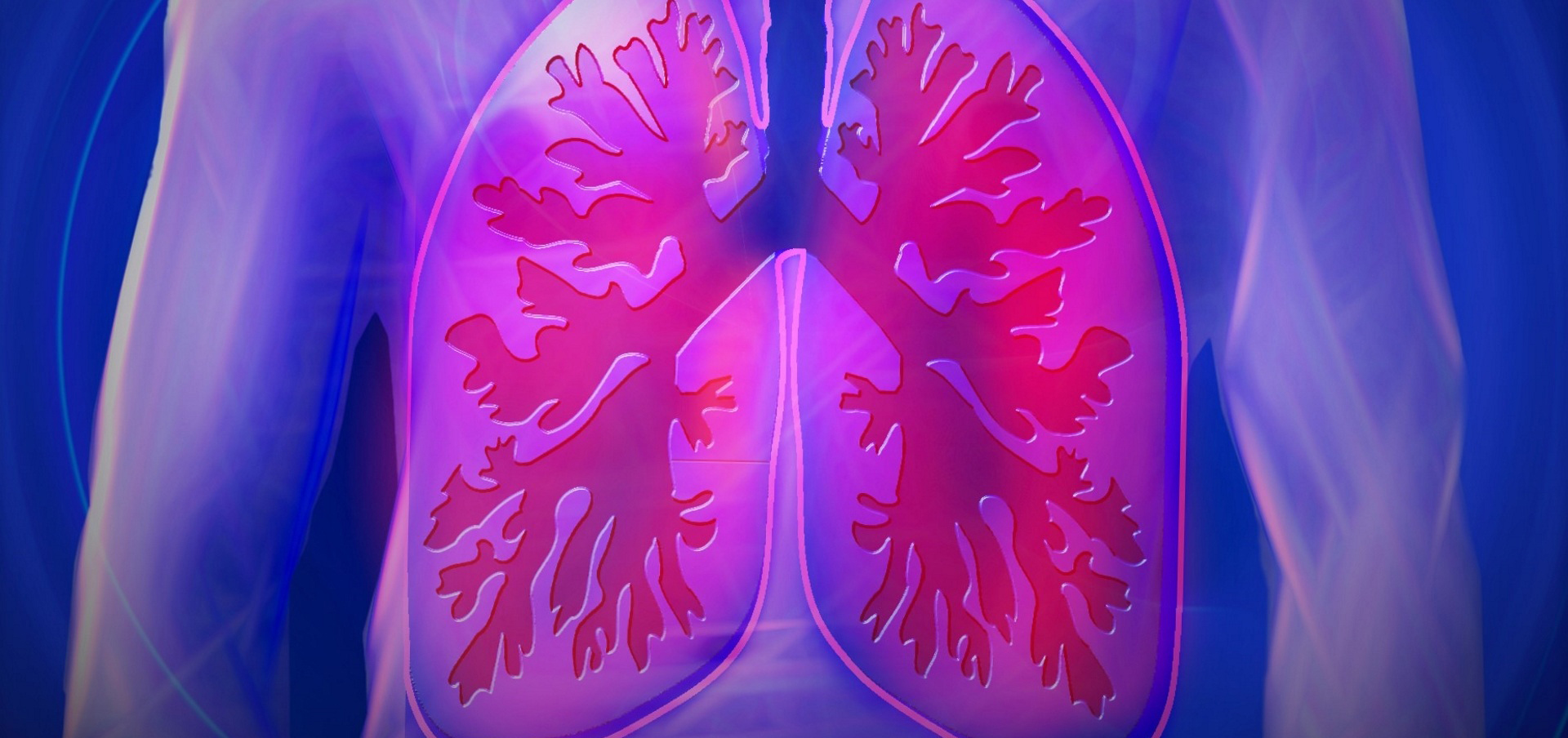Nationwide, the number of new Respiratory Therapist (RT) positions is expected to increase 23 percent in the next decade, according to the Bureau of Labor Statistics. Connecticut healthcare employers anticipate that, collectively, more than 30 Respiratory Therapist jobs will open in the state each year.
Respiratory therapy is one of the fastest-growing healthcare careers today, and one of the most rewarding to get into! Respiratory Therapists diagnose, assess, and treat patients suffering from lung conditions and breathing difficulties: asthma, emphysema, bronchitis, heart attack, and other cardiopulmonary issues. They are a vital part of healthcare team and critical to all patient care.
If you are interested in a thriving career in healthcare – a promising career in helping others – Respiratory Care is a great field to pursue. The question is, where do you begin? How do you become a Respiratory Therapist (RT) today? What does Connecticut require of aspiring RTs?
Step 1: Get a College Education.
In every state including Connecticut, Respiratory Therapists are required to earn at least an Associate degree from an accredited Respiratory Therapy school. Goodwin College’s RT program in Connecticut, for example, is accredited by the Commission on Accreditation for Respiratory Care.
Whether you are just starting out in healthcare or are looking the breathe new life into your current job, the Respiratory Therapy program at Goodwin College can be a great jumping off point for you.
In our Respiratory Care program, you will learn the ins and outs of cardiopulmonary anatomy and physiology, pharmacology, microbiology, respiratory diagnostics and therapeutics. As you work towards your Associate degree, you will also take advanced courses in critical care, neonatal and pediatric respiratory care. Combined with your classroom experiences, you will also gain clinical RT training.
Step 2: Gain Hands-on, Clinical Training.
In addition to the on-campus Respiratory Therapist classes, you can expect to gain clinical experiences in your college-level program. Clinicals allow students to gain supervised, practical experience in active patient care settings. Getting this first-hand experience with respiratory tools and patients in need is a great way to hone your skills and prepare for your future career.
Students enrolled in the Respiratory Therapy program at Goodwin College are required to complete a series of four clinicals before earning an Associate degree. We want you to learn by doing. We want you to succeed. In your clinical experiences, you will learn how to:
- Administer medications in aerosol form
- Obtain and analyze specimens (blood and sputum)
- Use ventilators to help patients breathe
- Perform diagnostic tests for patients with sleep disorders
Goodwin College has clinical partnerships with hospitals, health centers, and physicians throughout the state. Classes and clinical rotations are offered in the evenings, and can be tailored to your schedule.
Step 3: Develop the Skills to Stand Out.
From their patients to their medical team, Respiratory Therapists work with people day in and day out. They also work with advanced instruments, equipment, and technology on a regular basis. For these reasons, RTs must possess a multitude of skills and qualities, including:
- Compassion for patients and families
- Interpersonal skills to collaborate with team members and interact with patients
- Problem-solving skills to effectively assess and treat patients
- Science and math skills to calculate and recommend the right dosages of medications
- Close attention to detail to ensure that patients are being tended to in a timely manner, and that their treatments and assessments are made with complete accuracy
Through the right Respiratory Therapy training program, these qualities will become second nature. Your classroom learnings will help you develop the skills needed for success, and your clinical experiences will give you the interpersonal skills needed to stand out.
Step 4: Get Certified.
No matter where you live or wish to work, you will need a license to practice as a Respiratory Therapist. Every state (except for Alaska) currently requires RTs to be licensed.
To become a Respiratory Therapist in Connecticut, you must pass the Certified Respiratory Therapist (CRT) examination administered by the National Board for Respiratory Care, which will then grant you proper certification. It is Goodwin’s goal to prepare you for this certification exam. Our Respiratory Therapist school will prepare you for the entry-level examination and the advanced practitioner level examination for Respiratory Care Practitioners given by the National Board of Respiratory Care – helping you to stand out to employers and posing you for many job opportunities within the field.
Upon completion of Goodwin’s RT program and Connecticut licensure, you will have the necessary skills and knowledge to secure a position as a registry-eligible Respiratory Care Practitioner in the state.
Ready to get started on your future in Respiratory Care? For more information on how to become a respiratory therapist in Connecticut, please call 800-889-3282 or visit us online today.
Goodwin University is a nonprofit institution of higher education and is accredited by the New England Commission of Higher Education (NECHE), formerly known as the New England Association of Schools and Colleges (NEASC). Goodwin University was founded in 1999, with the goal of serving a diverse student population with career-focused degree programs that lead to strong employment outcomes.

